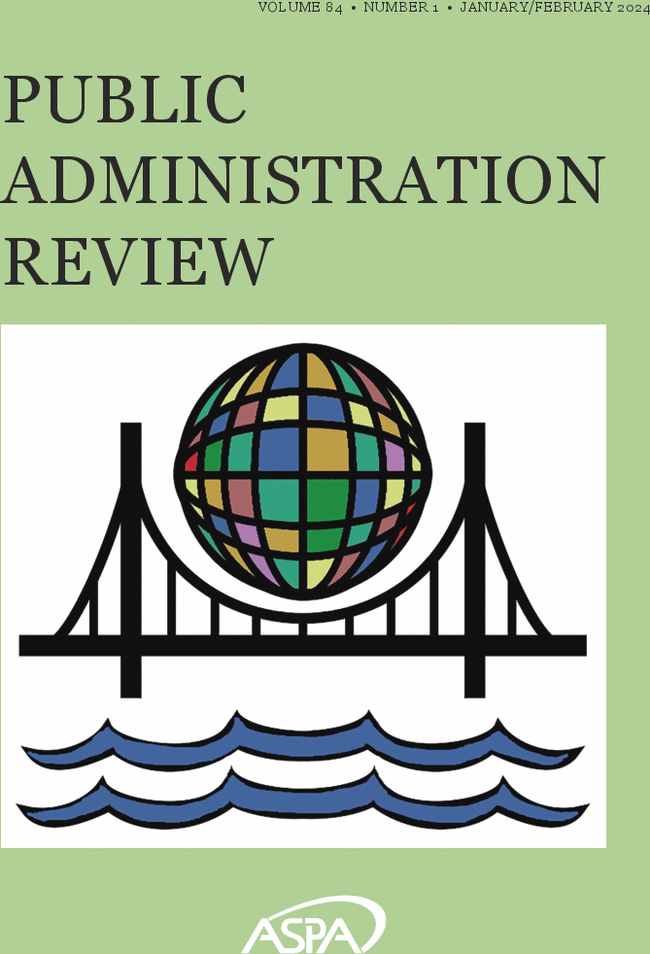缺失的一环:识别电子政府中的数字中介
IF 4.9
1区 管理学
Q1 PUBLIC ADMINISTRATION
引用次数: 0
摘要
数字平台正在改变政府提供公共服务的方式;然而,许多公民仍然依赖第三方来访问它们。本文根据智利的一项全国性调查对这些“数字中介”进行了识别和分类。智利是一个数字化程度很高但数字不平等现象严重的国家。我们发现了两种主要类型的中介:“亲密”参与者(家庭和同伴)和“等级”参与者(政治家、官僚和社区领袖)。这些中介机构为缺乏数字技能或无法访问的公民提供支持,在促进电子政务方面发挥着至关重要的作用。研究结果挑战了数字化保证直接、无中介地获得公共服务的观念,并强调了在数字治理中考虑人力支持系统的重要性。本文章由计算机程序翻译,如有差异,请以英文原文为准。
The Missing Link: Identifying Digital Intermediaries in E‐Government
Digital platforms are transforming how governments deliver public services; however, many citizens still depend on third parties to access them. This article identifies and classifies these “digital intermediaries” drawing from a national survey in Chile—a country with high digitalization but deep digital inequality. We find two major types of intermediaries: “close” actors (family and peers) and “hierarchical” actors (politicians, bureaucrats, and community leaders). These intermediaries support citizens who lack digital skills or access, playing an essential role in facilitating e‐government. The findings challenge the notion that digitalization guarantees direct, unmediated access to public services and underscore the importance of considering human support systems in digital governance.
求助全文
通过发布文献求助,成功后即可免费获取论文全文。
去求助
来源期刊

Public Administration Review
PUBLIC ADMINISTRATION-
CiteScore
15.10
自引率
10.80%
发文量
130
期刊介绍:
Public Administration Review (PAR), a bi-monthly professional journal, has held its position as the premier outlet for public administration research, theory, and practice for 75 years. Published for the American Society for Public Administration,TM/SM, it uniquely serves both academics and practitioners in the public sector. PAR features articles that identify and analyze current trends, offer a factual basis for decision-making, stimulate discussion, and present leading literature in an easily accessible format. Covering a diverse range of topics and featuring expert book reviews, PAR is both exciting to read and an indispensable resource in the field.
 求助内容:
求助内容: 应助结果提醒方式:
应助结果提醒方式:


